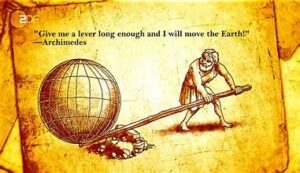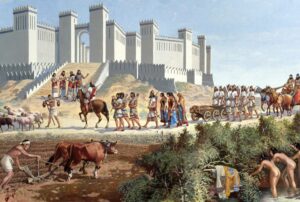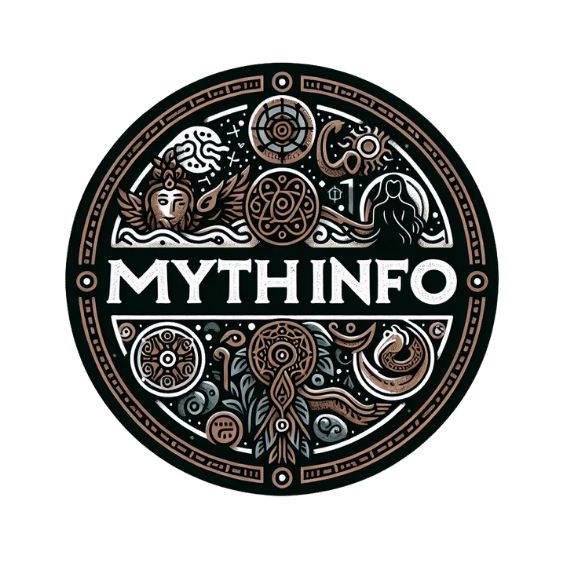
In the ever-evolving landscape of modern culture, ancient legends and traditional stories continue to wield a profound influence. From inspiring contemporary media to shaping societal values, these narratives bridge the past and present, offering timeless wisdom and relevance. This article explores how traditional stories are revived and their impact on today’s cultural fabric.
The Enduring Appeal of Ancient Legends
Ancient legends, passed down through generations, are more than just old tales; they are repositories of cultural heritage and collective memory. These stories, often rich with moral lessons, historical events, and mythical elements, hold a special place in the hearts of those who inherit them. Their appeal lies in their ability to connect with fundamental human experiences, such as love, courage, and tragedy.
Revival Through Modern Media
One of the most significant ways traditional stories influence modern culture is through their revival in contemporary media. Films, television shows, and books frequently draw inspiration from ancient legends, reimagining them for a new audience.
1. Film and Television
Hollywood and global cinema are replete with adaptations of ancient legends. For instance, Disney’s animated films like “Hercules” and “Moana” bring Greek mythology and Polynesian folklore to the screen, respectively. These adaptations not only introduce viewers to ancient stories but also explore contemporary themes through them.
2. Literature
Modern literature often incorporates elements of traditional stories, weaving them into new narratives. Authors like Neil Gaiman and J.K. Rowling use mythological references and folklore in their works, thereby keeping ancient legends alive in the literary domain.
3. Video Games
The video game industry has also embraced ancient legends. Games like “God of War” and “The Legend of Zelda” blend mythological elements with interactive storytelling, creating immersive experiences that both entertain and educate players about traditional tales.
Cultural Impact and Societal Values
Traditional stories are not merely a source of entertainment but also play a crucial role in shaping societal values and cultural identity.
1. Moral Lessons
Ancient legends often carry moral lessons that resonate across cultures and eras. Stories of heroism, justice, and virtue provide a framework for understanding ethical behavior and personal integrity. For example, the heroic tales of King Arthur and the Knights of the Round Table emphasize ideals of chivalry and honor.
2. Cultural Identity
Reviving traditional stories helps preserve cultural identity. Festivals, ceremonies, and rituals often draw from ancient legends, reinforcing a sense of belonging and continuity. For example, the Japanese festival of Obon celebrates ancestral spirits, reflecting deep-seated cultural values and traditions.
3. Social Commentary
Many ancient legends serve as social commentary, addressing issues such as power dynamics, societal norms, and human nature. By revisiting these stories, modern society can gain insights into historical perspectives on issues that remain relevant today.
Educational Value
In addition to their cultural impact, traditional stories have significant educational value. They offer insights into historical contexts, social structures, and cultural practices of ancient civilizations.
1. Historical Knowledge
Studying ancient legends provides a window into the past, revealing how different cultures understood their world. For instance, the epic of Gilgamesh offers insights into Mesopotamian civilization and its views on life and death.
2. Language and Literature
Traditional stories contribute to the study of language and literature. They offer examples of narrative techniques, literary forms, and linguistic evolution, enriching the field of literary studies.
Preserving and Innovating Tradition
Efforts to preserve and innovate traditional stories are crucial in maintaining their relevance in modern culture. Various initiatives, from digital archives to interactive media, ensure that these stories continue to be accessible and engaging.
1. Digital Archives
Online platforms and digital archives play a key role in preserving ancient legends. Websites and databases compile stories from diverse cultures, making them accessible to a global audience and ensuring their survival for future generations.
2. Interactive Media
Interactive media, such as augmented reality (AR) and virtual reality (VR), offers new ways to experience traditional stories. By creating immersive environments based on ancient legends, these technologies engage users in innovative and educational ways.
Conclusion
The revival of ancient legends is a testament to their enduring power and relevance. Through modern media, cultural practices, and educational initiatives, these traditional stories continue to shape and enrich contemporary culture. As we navigate the complexities of the modern world, the timeless wisdom embedded in ancient legends remains a valuable source of inspiration and insight, bridging the gap between past and present.

